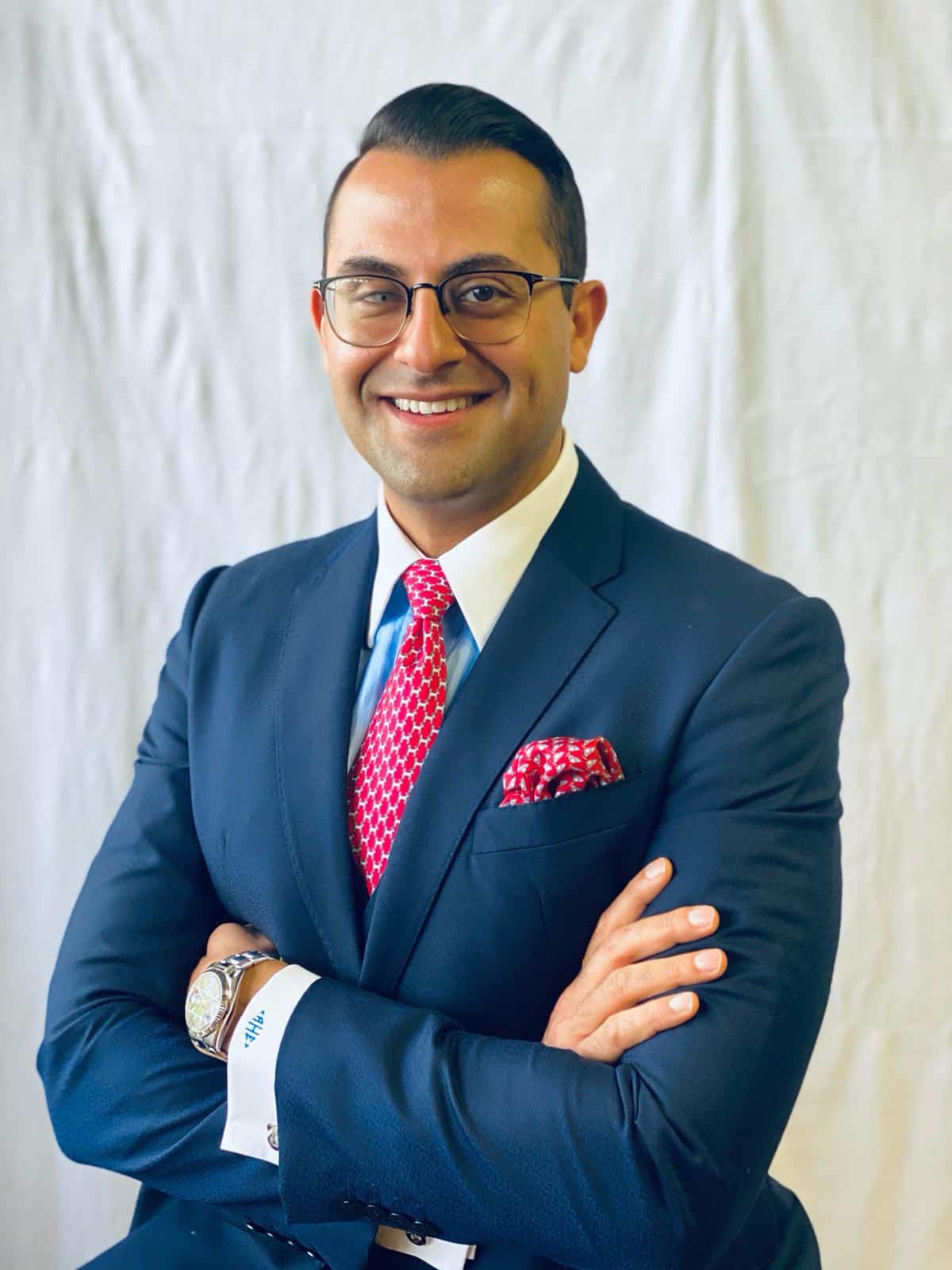
Empowering Stroke Survivors: Dr. Ameer Hassan’s Guide to Recovery
Surviving a stroke marks the beginning of a challenging journey toward recovery and rehabilitation. However, with the right guidance and support, stroke survivors can reclaim their lives and thrive in the aftermath of this life-altering event. Dr Ameer Hassan, a respected authority in neurocritical care, offers a comprehensive guide to recovery for stroke survivors, empowering them to navigate the challenges and embrace the opportunities that lie ahead.
Central to Dr. Hassan’s approach is the recognition that stroke recovery is a multifaceted process that encompasses physical, cognitive, and emotional aspects. His guide begins with the importance of seeking immediate medical attention at the first signs of a stroke. Time is of the essence in stroke care, and early intervention can significantly improve outcomes and minimize long-term disability.
Once stabilized, stroke survivors embark on a journey of rehabilitation and recovery. Physical therapy plays a crucial role in helping survivors regain strength, mobility, and independence. Dr. Hassan emphasizes the importance of starting therapy as soon as possible and setting realistic goals for progress. Through targeted exercises and interventions, survivors can improve their motor function and regain control over their bodies.
In addition to physical therapy, cognitive rehabilitation is essential for addressing the cognitive deficits that often accompany stroke. Memory, attention, and problem-solving skills may be affected, making everyday tasks challenging. Dr. Hassan’s guide includes strategies for improving cognitive function through exercises, memory aids, and cognitive-behavioral techniques. By challenging the brain and fostering neuroplasticity, survivors can regain lost cognitive abilities and adapt to their new normal.
Emotional support is another crucial component of stroke recovery, and Dr Ameer Hassan emphasizes the importance of addressing the psychological impact of stroke. Survivors may experience a range of emotions, including depression, anxiety, and frustration, as they come to terms with their condition. Dr. Hassan’s guide includes tips for managing emotional well-being, such as seeking counseling, joining support groups, and practicing relaxation techniques. By acknowledging and addressing their emotions, survivors can cultivate resilience and find hope in their recovery journey.
Furthermore, Dr. Hassan’s guide highlights the importance of adopting a healthy lifestyle to support long-term recovery and reduce the risk of future strokes. This includes maintaining a balanced diet, staying physically active, managing stress, and avoiding unhealthy habits such as smoking and excessive alcohol consumption. By prioritizing their health and well-being, survivors can optimize their chances of a full and meaningful recovery.
In conclusion, Dr. Ameer Hassan’s guide to recovery offers invaluable insights and guidance for stroke survivors as they navigate the challenges of rehabilitation and embark on the path to recovery. By empowering survivors to take an active role in their care, set achievable goals, and seek support when needed, Dr Ameer Hassan guide lays the foundation for a successful recovery journey. With determination, perseverance, and the right support system in place, stroke survivors can overcome obstacles, reclaim their independence, and thrive in their new lives beyond stroke.